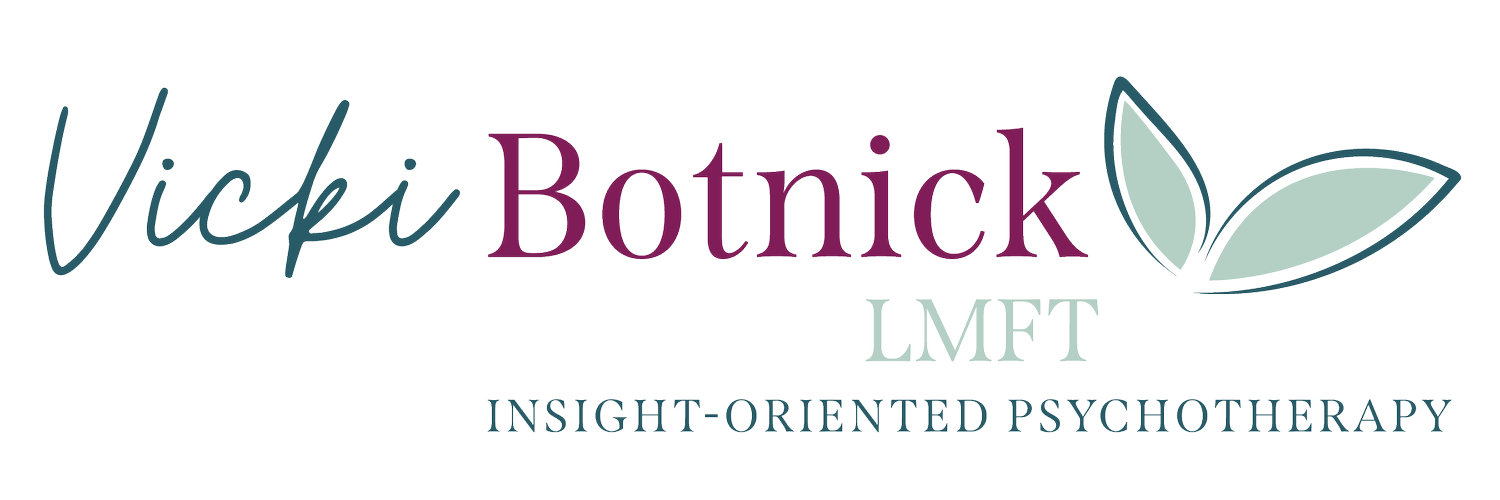The Benefit in Looking Back
Sometimes, when life feels toughest and we're wondering why we make the same decisions and get stuck in the same, often painful, patterns, the best idea is to look backwards, to childhood. I don’t want to knock looking toward the future, or being in the moment, but there are crucial times when the answer to our struggles is in the past.
Seven is an important year in child development. It's a general time when we are realizing that we are truly separate from other human beings, particularly our parents. We learn empathy, or an awareness of how someone else might feel, and have a slightly more mature understanding of our place in the world. Because of these changes, seven is a good touchstone year for psychology. In therapy, we can count on looking at that age as a time when we made some decisions about how we would cope with life's difficulties. However our family structure and life environment was at the time, we unconsciously created a way to manage the stresses going on around us (even if they seem now like minor stresses, like mom's perfectionism, an older sibling's bullying or a layoff at the town factory).
Some kids react to tension by shutting themselves in their rooms. Others become very obedient and shine at school in order to have more control of their lives, and to get the approval of others. Others act out, rebel or become class clown. Some become the caretakers of their siblings or even parents.
All of these coping strategies are healthy. They help kids decide their identity, earn protection, find community, or feel pride. Even acts of rebellion can be important ways for the child to assert his or her needs.
The problems come when that child wakes up at the age of 40 and realizes she's still using the exact same defense mechanism. Often the kid who learned to tiptoe around dad's drinking, finds herself decades later trying to deny her partner's bad habits. The boy, ignored at home, who could only feel okay about himself by beating up classmates is still trying to intimidate his co-workers and finding himself ostracized. Or perhaps you buried your nose in books to survive your parents' fighting, only to find it difficult to make and maintain friendships as an adult.
Therapy offers a way to look to your past in order to figure out who you are now, and why. With this knowledge it becomes easier to make new choices for ourselves. It's tempting to say "This is just the way I am," and making changes in our behavior is always challenging. But the truth is, when we understand that a lot of our actions and many of our problems come from our earliest decisions, we gain great insight and power. What was right for us as kids is no longer appropriate as grown-ups. And it's never too late to start again.
If you’re ready to find support with therapy, schedule a free consultation here.
